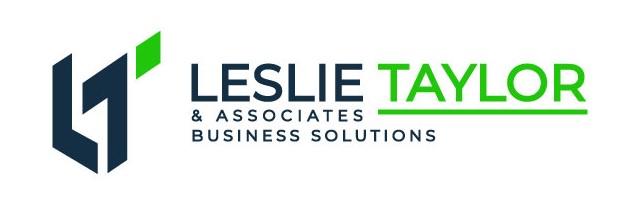If you’ve been around me for any amount of time you know that I LOVE organization, optimization, making things run better, faster, and cheaper. In fact, during my days as a corporate engineer/scientist, that was a major part of my job. Systems and processes are essential to all businesses. They are the foundation of profitability, growth, and longevity.
When I first started talking about processes and systems to small business owners, I occasionally received confused looks. Many could not understand how this applied to them. So, let’s break it down.
A process is simply how you get things done. It refers to the steps and tasks that must be completed to achieve a desired result. So, even if you are a firm of one, you have processes and systems that enable you to deliver your goods and/or services.

You actually use them all the time, maybe without realizing it. Consider a task as simple as making a peanut butter and jelly sandwich.
- First gather all ingredients and needed utensils
- Set aside two pieces of bread
- Place your favorite jelly on one slice
- Place your favorite peanut butter on the second slice
- Join the two slices together making a sandwich and cut in half.
PROCESSES AND SYSTEMS. They work to get things done.
By establishing your system, you can ensure a consistent customer or client experience, reduce costly errors or mistakes, enhance performance, and ensure your business and its employees are striving to keep customers satisfied. Furthermore, if you desire to one day grow your team, these processes and systems will be critical to successful growth so that the quality of your product or service is maintained.
If your goal is to improve employee performance or customer service, consider first checking your processes and systems.
This may look like:
- Weekly uploading receipts to a software like Hubdoc, that will categorize those receipts and send them to your financial software. If this is a delegated task, assign that task to your staff using a tool like Asana so it doesn’t fall through the cracks
- Establishing a process to regularly monitor receivables (money owed to you by a client or customer) monthly and putting it in your task manager or on your calendar so you don’t forget
- Establishing an automated process within your financial software to automatically charge a late fee when invoices become delinquent
- Developing a process for employees, contractors, vendors, and subcontractors to submit requests for payment by first providing details that will help you track profitability by project
- Utilizing a system such as Bill.com for bill payment of services, contractors, and vendors which streamlines your payment process, keeps you in control of when bills get paid, and helps you track payables (money you owe)—this is critical for growing businesses
- Documenting your internal and client processes in tools like Asana, Trello, or Monday.com so both you and your team follow the same steps every time, then at some predetermined date automatically charging a late fee for delinquent invoices.
Consider reducing or alleviating customer delays by upgrading software, automating what can be automated (hello Zapier), hiring and training a VA or employees to keep your business running smoothly. This will, in turn, allow you to focus more on increasing the value you bring to clients and customers as well as improving their experience.

Systems and processes go far beyond that, though. By establishing an organized system and process, you can improve productivity and overall morale for yourself and your team, as it eliminates confusion and wasted time.
When it comes to your business’s financials, the right processes will save you money and keep cash flowing.
A few years ago, I began using Asana and it has helped reduce time on tasks, improved how we get things done, as well as ensured everyone knows what to do and how to do it. Earlier this year, we added an additional tool to help us better communicate with clients and get work done. Several clients have already commented about how much easier it is to work with us. This is what we all want to hear from clients, right? These are the types of systems we want to add to our business to make our businesses better because at the end of the day, it all translates into greater opportunity for profitability.
Of course, many business owners are trying to do everything on their own, which means some things get neglected. However, if you are in business to make money, finances should not be one of those things.
Need guidance? We’re here to help. As business solutions experts, we have helped dozens of businesses untangle complex issues and clarify a path to greater profitability. Schedule a Discovery Session.
If you’ve found this blog helpful, and you’d like some additional tips to help your business be better or to help you be better at business you must get a copy of my FREE guide to learn how to stop the money leaks in your business. It’s called Stop the Money Leaks In Your Business: The 5 Money-Related Mistakes Entrepreneurs Make and How to Fix them. In it I share the top 5 mistakes entrepreneurs make that keep them from realizing their full profitable potential. Grab a FREE copy of the guide by going to the link above.

